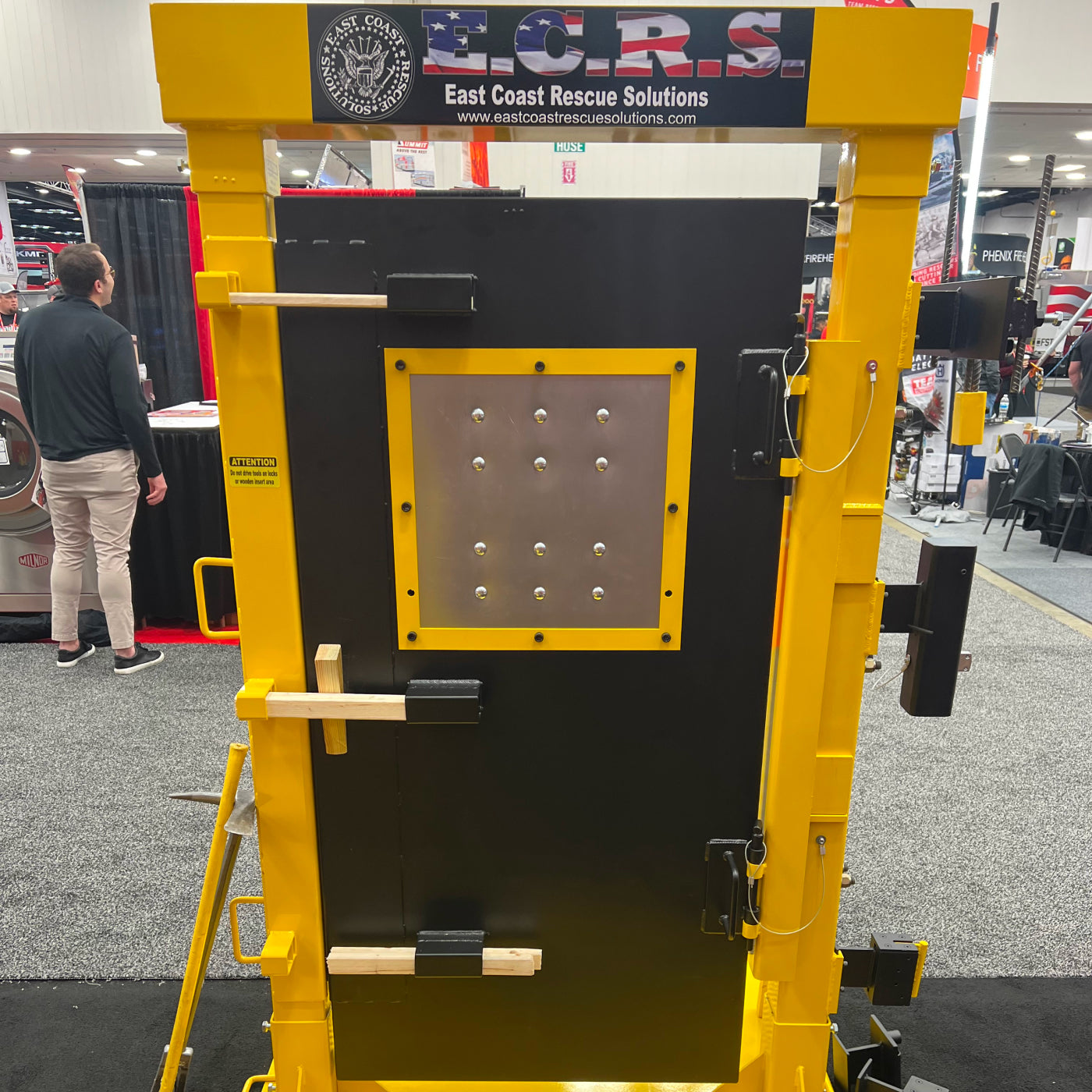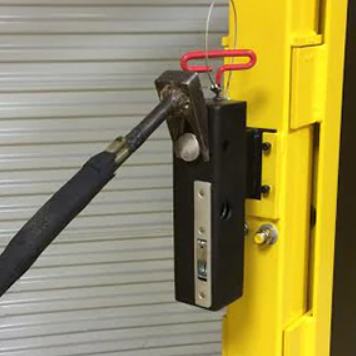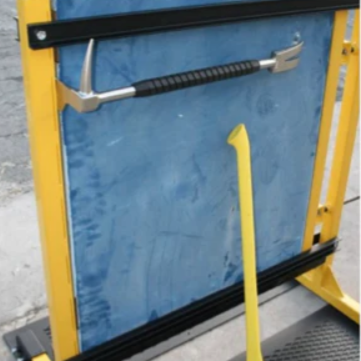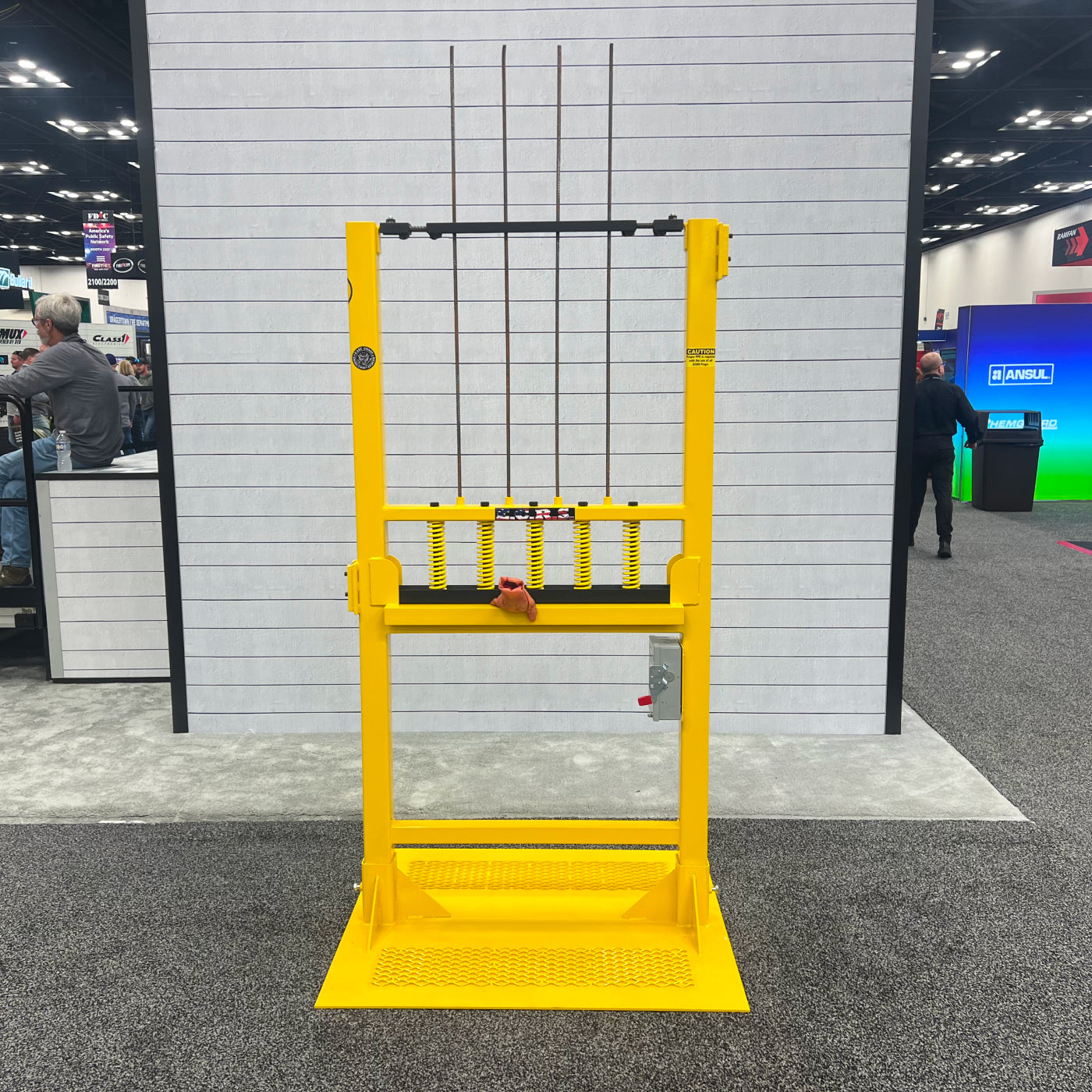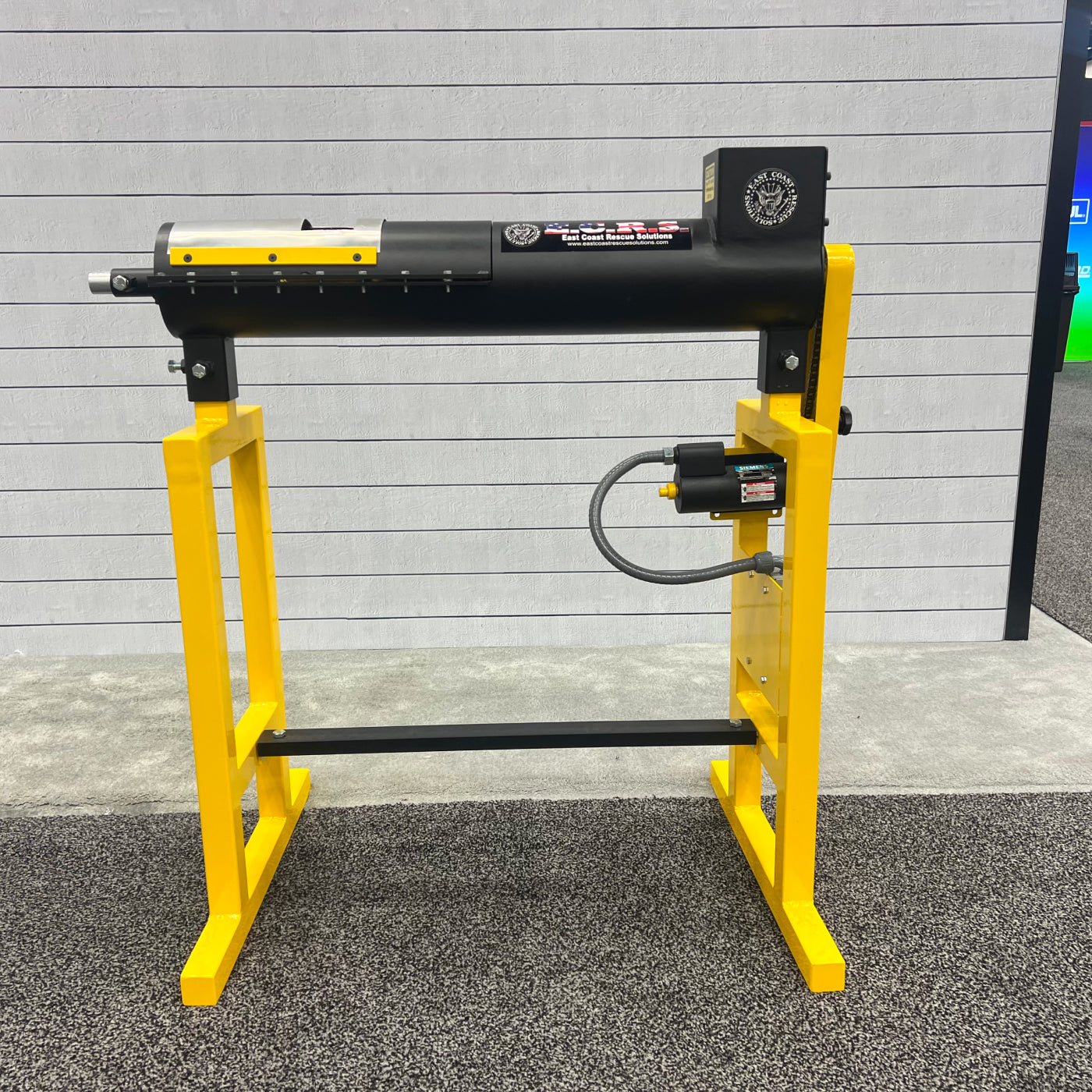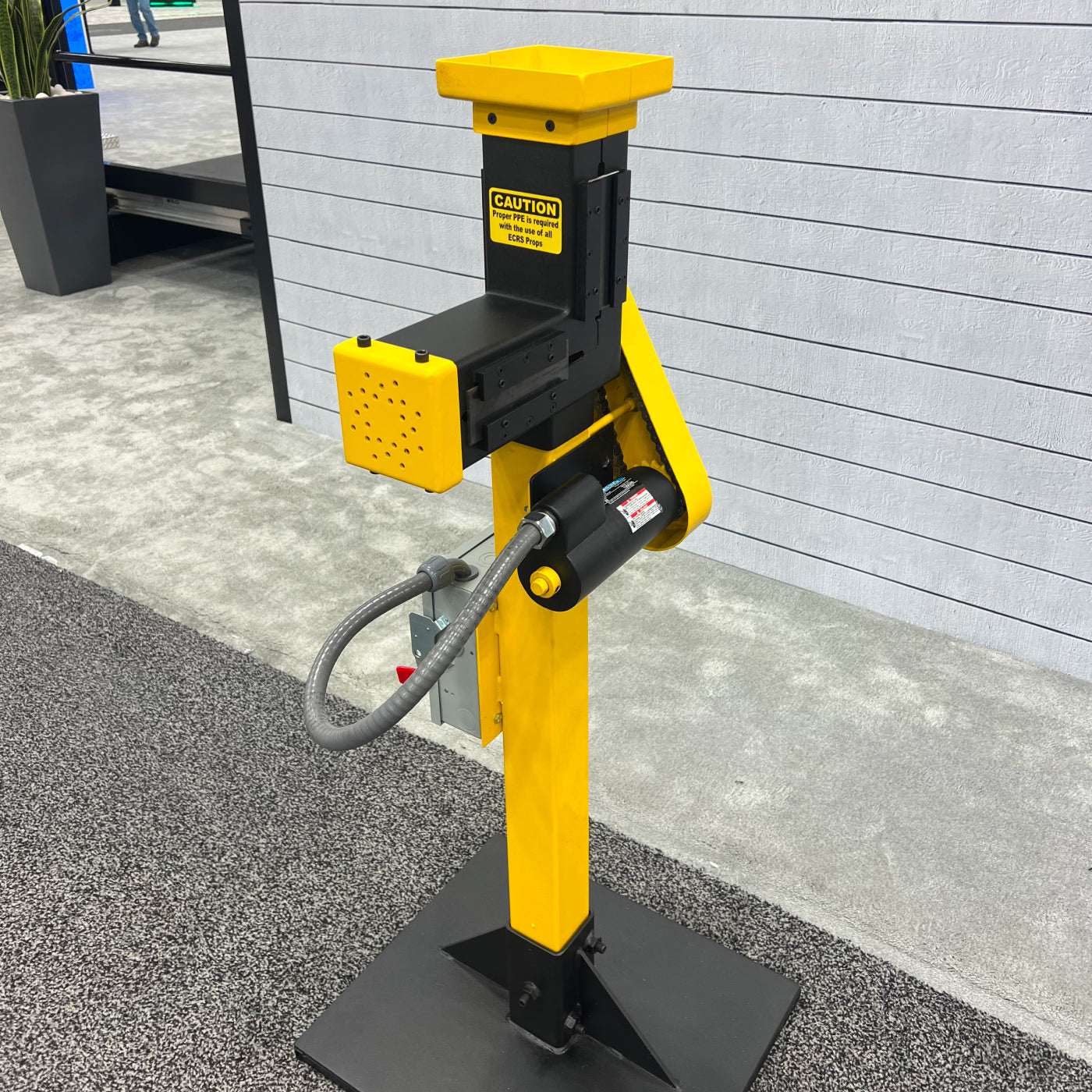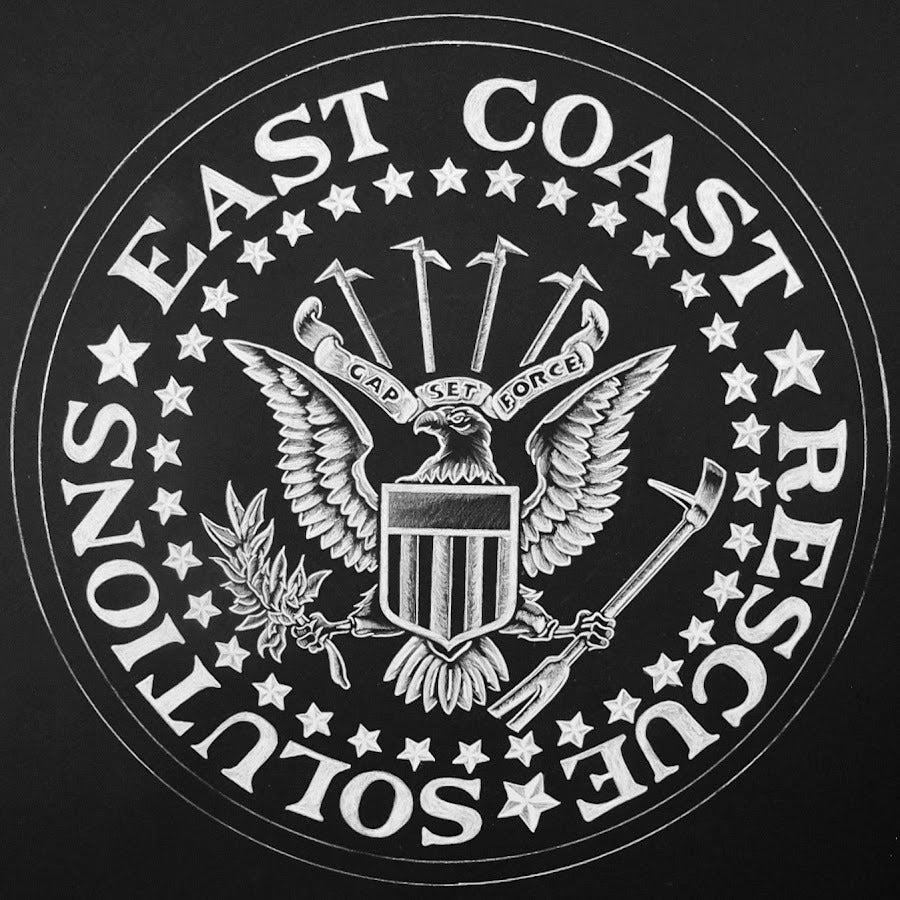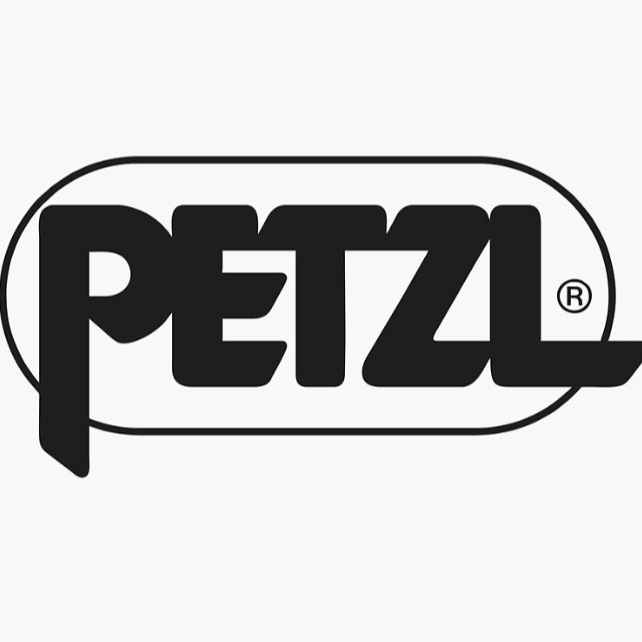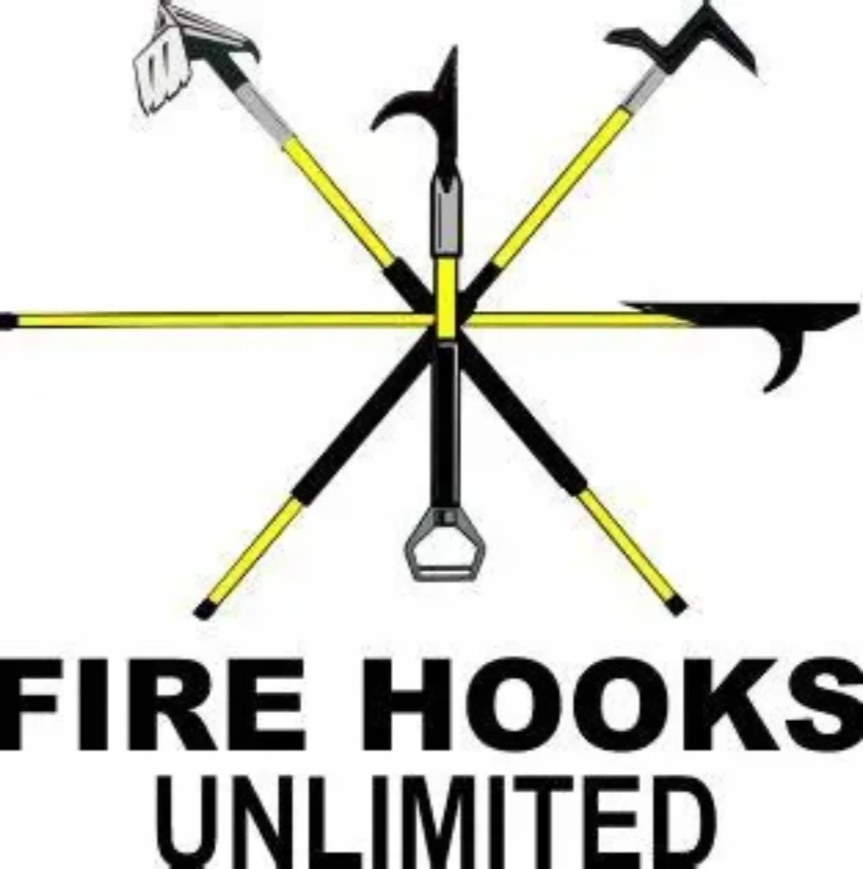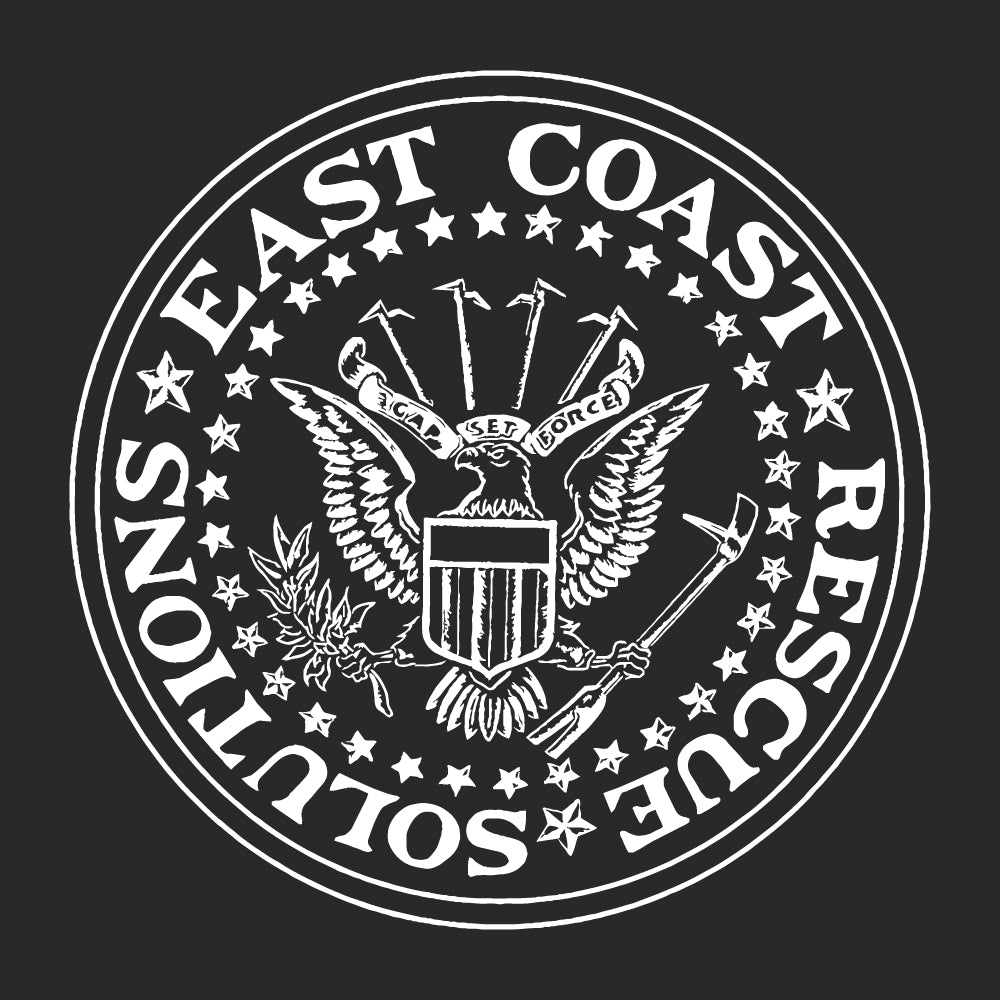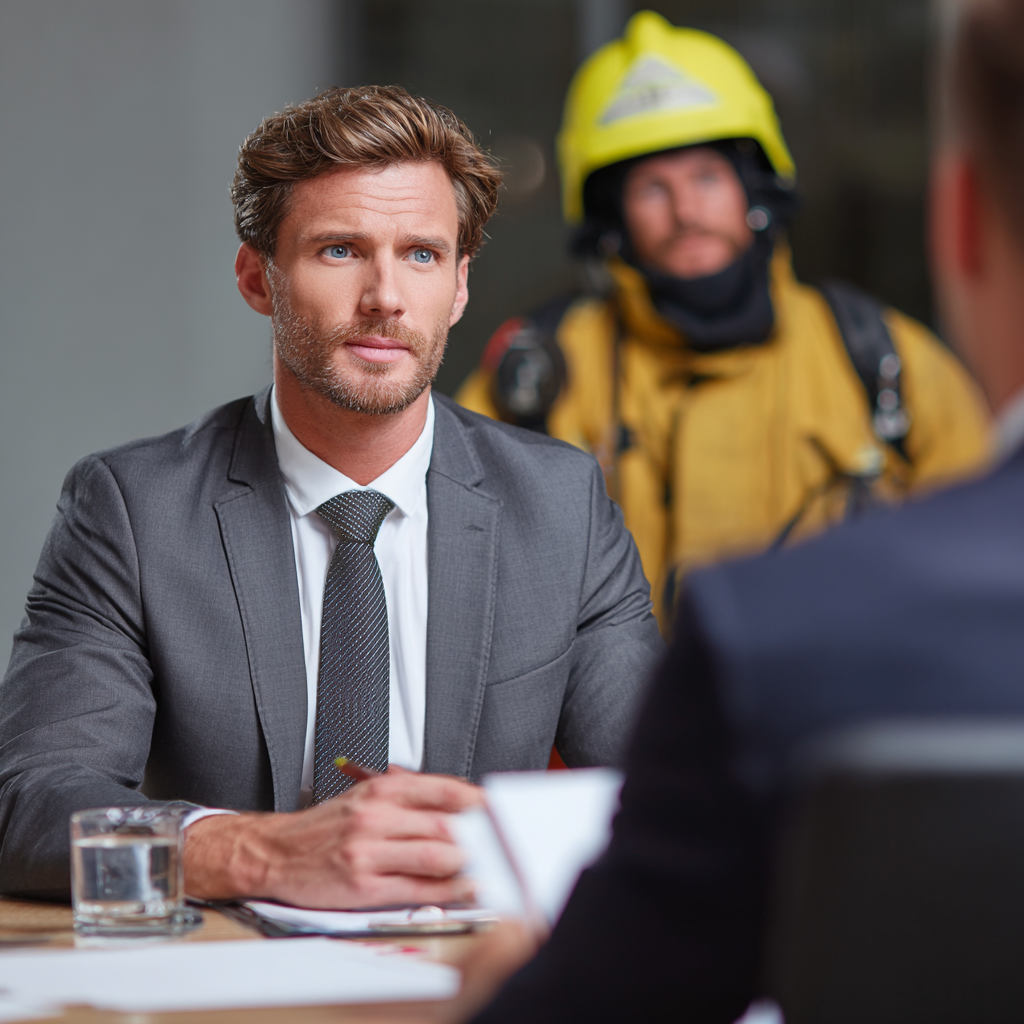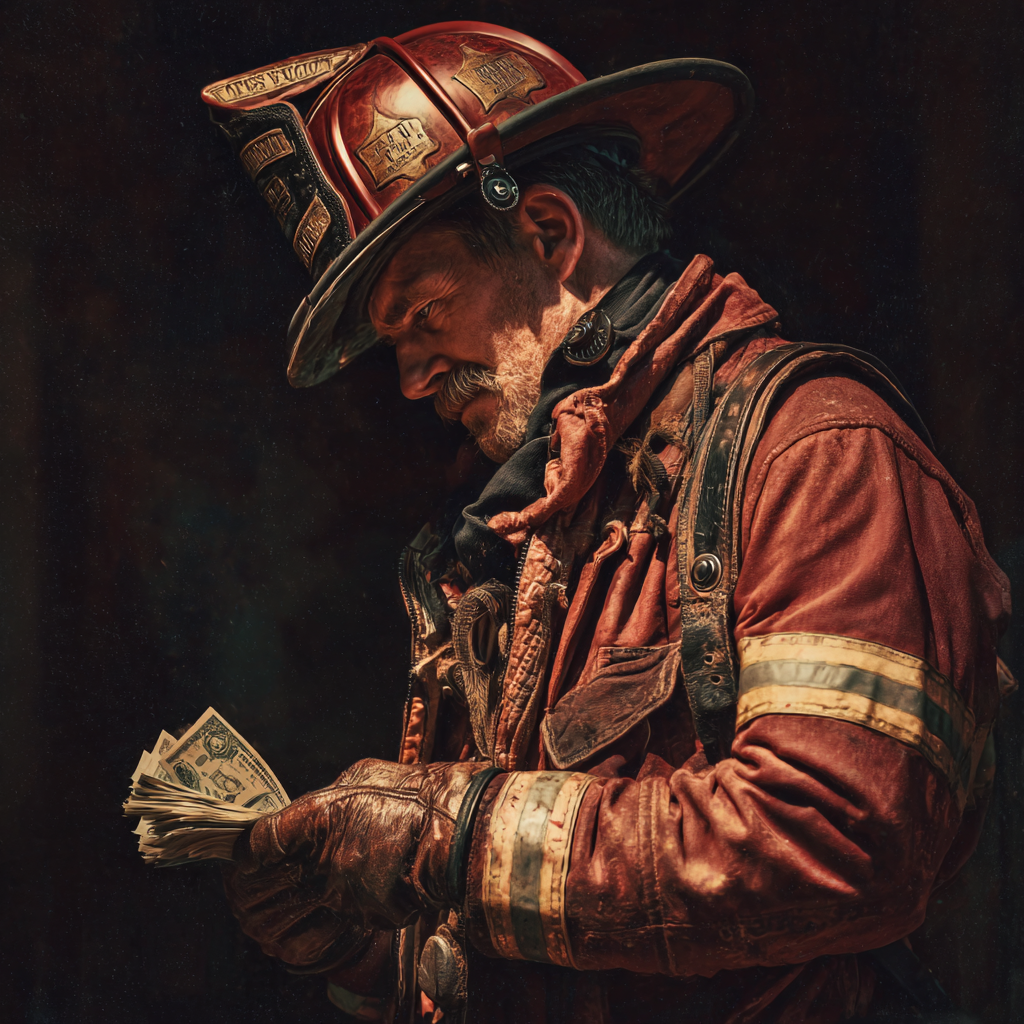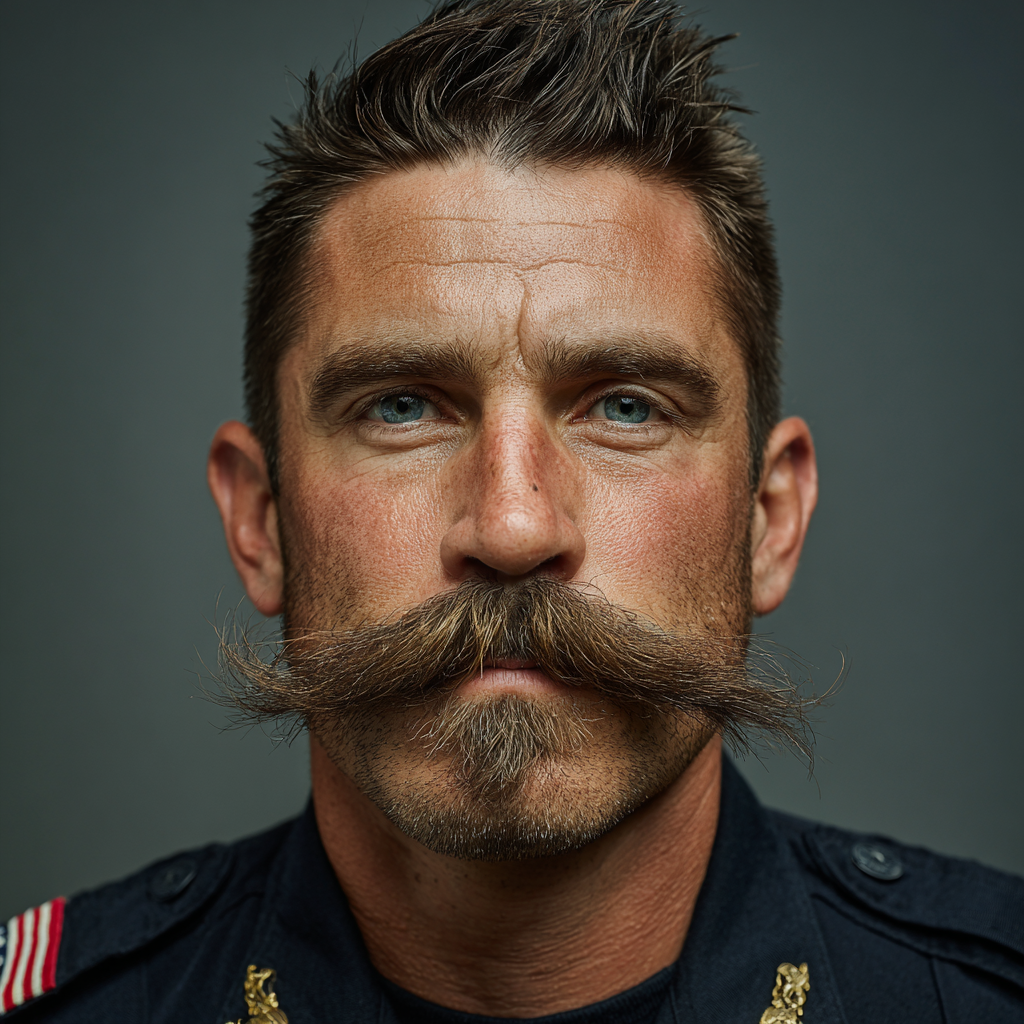Landing a job as a firefighter is about more than just physical fitness and fire training – you also need to ace the interview. Firefighter interviews are designed to assess not only your technical skills but also your problem-solving abilities, communication skills, and character. Here’s a breakdown of the most common firefighter interview questions and how to effectively prepare for them.
Why Do You Want to Be a Firefighter?
This question assesses your motivation and passion for the role. Focus on personal experiences, your commitment to public service, and how the role aligns with your long-term goals.
Example Answer:
“I’ve always admired the courage and dedication firefighters demonstrate daily. My experience as a volunteer firefighter solidified my desire to join the fire service, as it gave me firsthand exposure to the teamwork, discipline, and impact firefighters have in the community.”
Pro Tip: Avoid generic answers. Highlight specific experiences that led you to pursue firefighting, such as a personal rescue experience or a family member in the fire service.
What Do You Know About Our Fire Department?
Interviewers want to see that you’ve done your homework. Research the department’s history, community involvement, and notable incidents they’ve handled.
Example Answer:
“I know that your department is one of the busiest in the county and recently implemented a new training program focused on electric vehicle fire responses. I’m particularly impressed by your emphasis on advanced rescue techniques, as that aligns with my training and experience.”
Pro Tip: Tie your answer to how your skills or experiences align with the department’s initiatives.
Describe a Time When You Handled a Stressful Situation.
Firefighters work under extreme pressure, so the interviewer wants to see how you react in high-stress scenarios. Use the STAR method (Situation, Task, Action, Result) to structure your response.
Example Answer:
“When I was a volunteer firefighter, we responded to a multi-vehicle collision involving a vehicle fire and two trapped occupants. I was tasked with assisting in extricating one of the victims. Despite the chaos, I focused on maintaining communication with the team and ensuring that we followed the extraction protocol. We successfully rescued both occupants without further injury.”
Pro Tip: Highlight how you remained calm, followed protocols, and communicated effectively under pressure.
How Do You Stay Physically and Mentally Prepared for the Job?
Firefighting is physically demanding, so they want to know how you maintain fitness and handle the mental strain.
Example Answer:
“I stay physically fit by following a strength and conditioning program that focuses on endurance, core strength, and agility – all vital for fireground operations. I also practice breathing exercises and mindfulness techniques to stay mentally sharp and manage stress effectively.”
Pro Tip: Mention specific workouts or techniques that are directly applicable to firefighting, such as stair climbs, hose drags, or high-intensity interval training.
How Would You Handle a Conflict with a Fellow Firefighter?
Firefighters work in close-knit teams, so conflict resolution is critical. Demonstrate your ability to resolve disputes professionally.
Example Answer:
“If I encountered a conflict with a fellow firefighter, I’d address it directly but respectfully. I’d ask to speak privately, explain my perspective, and listen to their side. If we couldn’t resolve it, I’d involve a senior officer to mediate, ensuring the conflict doesn’t affect our teamwork or operations.”
Pro Tip: Emphasize that maintaining team cohesion and professionalism is your top priority, even during disagreements.
How Would You Respond to an Order You Disagreed With?
This question assesses your ability to follow the chain of command while still voicing legitimate concerns.
Example Answer:
“I understand that the chain of command is essential in firefighting operations. If I received an order I disagreed with, I would follow it as long as it was safe and within protocol. If I believed it posed a safety risk, I would respectfully express my concern to the officer in charge, presenting clear, fact-based reasoning.”
Pro Tip: Avoid framing your answer as insubordination. Show that you value safety and respect authority.
Tell Us About a Time When You Made a Mistake.
This question is about accountability and learning from errors. Choose a scenario where you took responsibility and implemented corrective actions.
Example Answer:
“During a training drill, I miscalculated the weight distribution during a ladder raise, causing it to sway. I immediately acknowledged my mistake, corrected the positioning, and requested additional training on ladder operations to prevent it from happening again.”
Pro Tip: Focus on the corrective actions you took and how you applied the lessons learned in future scenarios.
What Would You Do If You Witnessed a Fellow Firefighter Breaking Protocol?
Fire departments value integrity and accountability. Demonstrate that you prioritize safety and uphold standards.
Example Answer:
“If I witnessed a fellow firefighter breaking protocol, I’d assess whether the infraction posed an immediate safety risk. If it did, I’d intervene to correct it in the moment. Otherwise, I’d address it privately with the individual, emphasizing the importance of following protocols. If necessary, I’d report the incident to a supervisor to ensure it doesn’t compromise safety.”
Pro Tip: Balance maintaining team rapport with upholding safety standards.
How Do You Stay Current with Firefighting Techniques and Protocols?
Continuing education is vital in firefighting. Highlight any recent training, certifications, or courses you’ve completed.
Example Answer:
“I regularly attend training sessions and workshops on advanced rescue techniques, particularly for new technologies like electric vehicle fires. I’m also an active member of firefighting forums and subscribe to industry publications to stay updated on emerging trends and best practices.”
Pro Tip: Mention any specialized training that aligns with the department’s focus, such as wildfire response, technical rescues, or hazardous materials.
Final Pro Tip:
Before your interview, practice answering these questions aloud. Focus on structure, clarity, and confidence. Consider doing a mock interview with a mentor or colleague to get constructive feedback.
